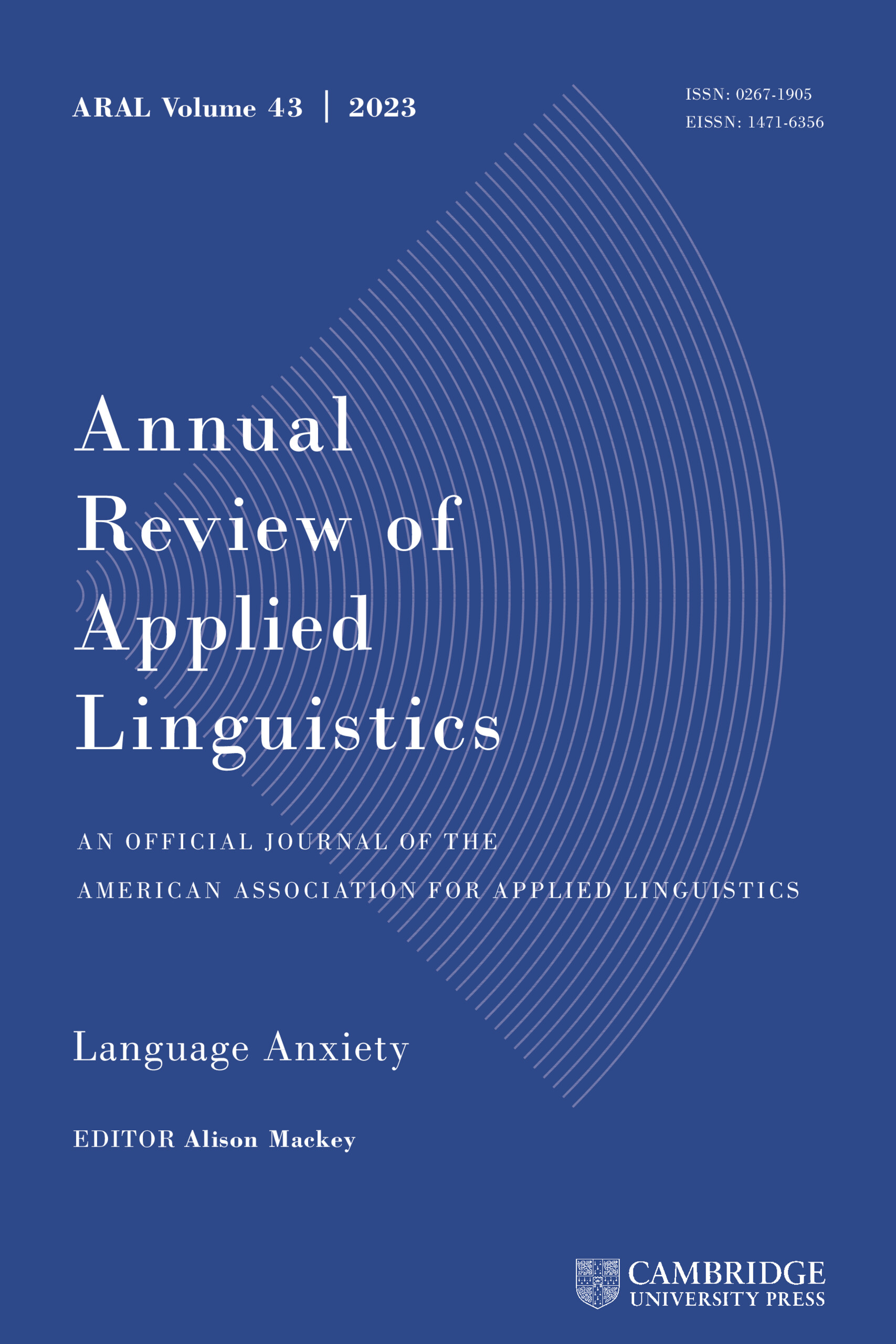Article contents
9. TRENDS IN TEACHING STANDARD VARIETIES TO CREOLE AND VERNACULAR SPEAKERS
Published online by Cambridge University Press: 15 June 2004
Abstract
This chapter discusses some approaches used to teach a standard variety to creole and vernacular speakers. It focuses attention on issues related to the use of creoles and vernaculars in instruction to help creole speakers develop literacy in a second language. Research has shown that literacy development, academic skills, and learning strategies transfer from the first language to the second and that literacy in the first language is a crucial base for literacy development in the second language. Advocacy for vernacular literacy as a means of facilitating the learning of a standard language differs in situations where creole has the same lexical base as the second (standard) language as opposed to situations in which the creole has a different lexical base than the second language. The policy literature as well as that describing approaches to second language learning by creole and creole-influenced vernacular speakers is discussed primarily with relevance to the Caribbean region. The chapter then surveys the literature describing approaches used in similar contexts elsewhere. Outcomes resulting from the implementation of specific policies and approaches in the contexts presented, to the extent that such outcomes have been documented, are also explored.
Information
- Type
- TEACHING LANGUAGE IN SPECIFIC SETTINGS
- Information
- Copyright
- © 2004 Cambridge University Press
References
- 15
- Cited by

